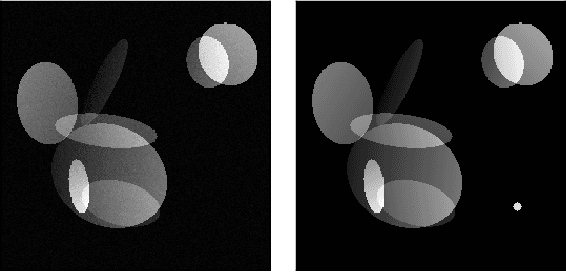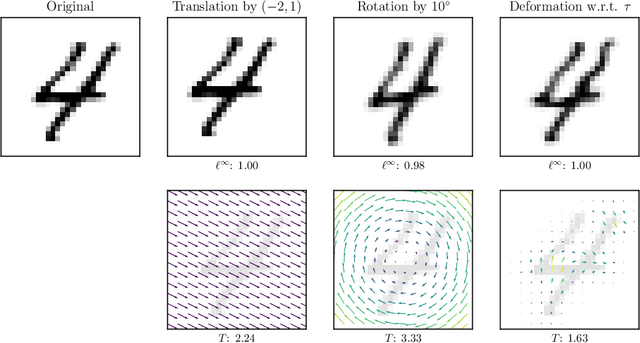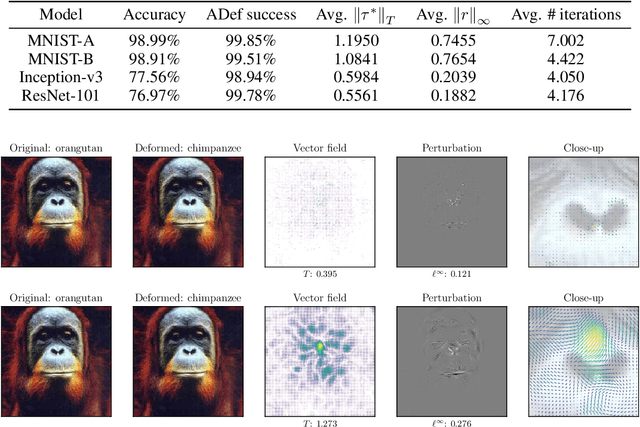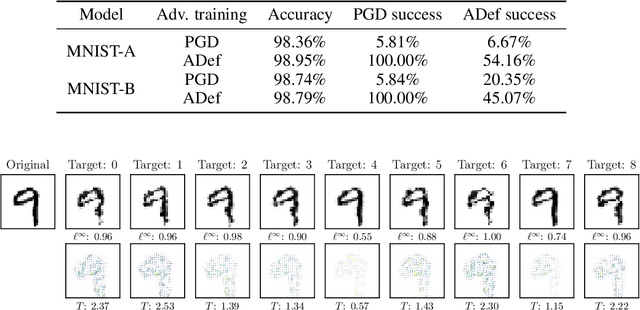Tandri Gauksson
Localized adversarial artifacts for compressed sensing MRI
Jun 10, 2022



Abstract:As interest in deep neural networks (DNNs) for image reconstruction tasks grows, their reliability has been called into question (Antun et al., 2020; Gottschling et al., 2020). However, recent work has shown that compared to total variation (TV) minimization, they show similar robustness to adversarial noise in terms of $\ell^2$-reconstruction error (Genzel et al., 2022). We consider a different notion of robustness, using the $\ell^\infty$-norm, and argue that localized reconstruction artifacts are a more relevant defect than the $\ell^2$-error. We create adversarial perturbations to undersampled MRI measurements which induce severe localized artifacts in the TV-regularized reconstruction. The same attack method is not as effective against DNN based reconstruction. Finally, we show that this phenomenon is inherent to reconstruction methods for which exact recovery can be guaranteed, as with compressed sensing reconstructions with $\ell^1$- or TV-minimization.
ADef: an Iterative Algorithm to Construct Adversarial Deformations
May 22, 2018



Abstract:While deep neural networks have proven to be a powerful tool for many recognition and classification tasks, their stability properties are still not well understood. In the past, image classifiers have been shown to be vulnerable to so-called adversarial attacks, which are created by additively perturbing the correctly classified image. In this paper, we propose the ADef algorithm to construct a different kind of adversarial attack created by iteratively applying small deformations to the image, found through a gradient descent step. We demonstrate our results on MNIST with a convolutional neural network and on ImageNet with Inception-v3 and ResNet-101.
 Add to Chrome
Add to Chrome Add to Firefox
Add to Firefox Add to Edge
Add to Edge